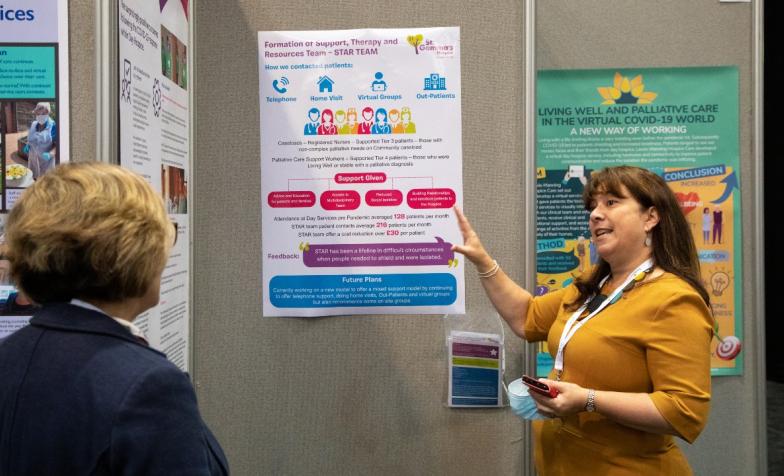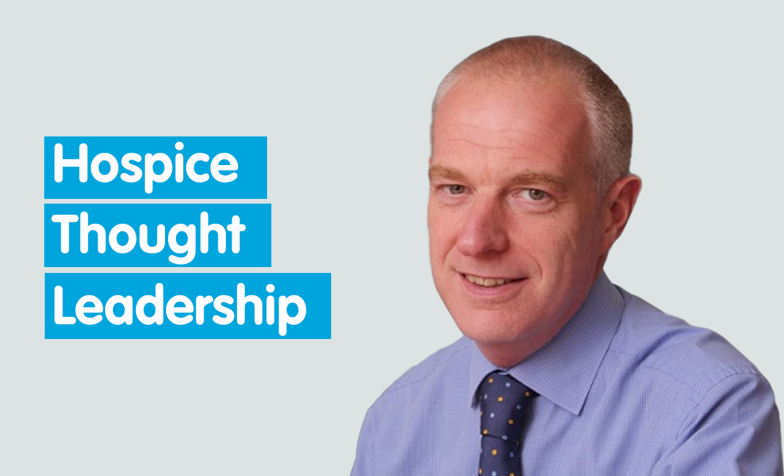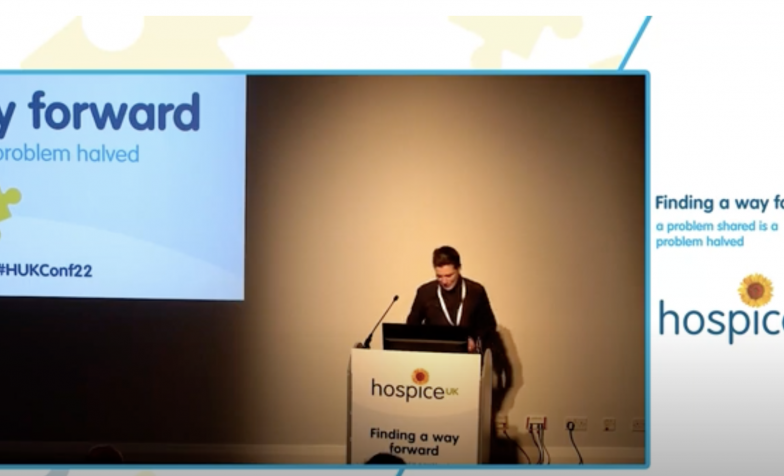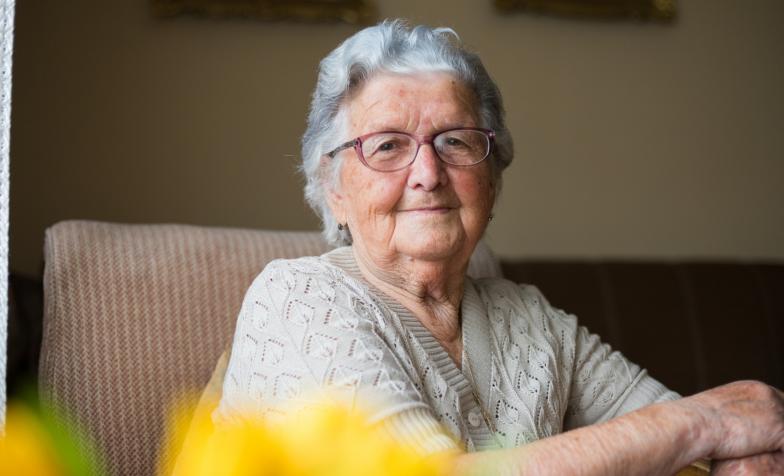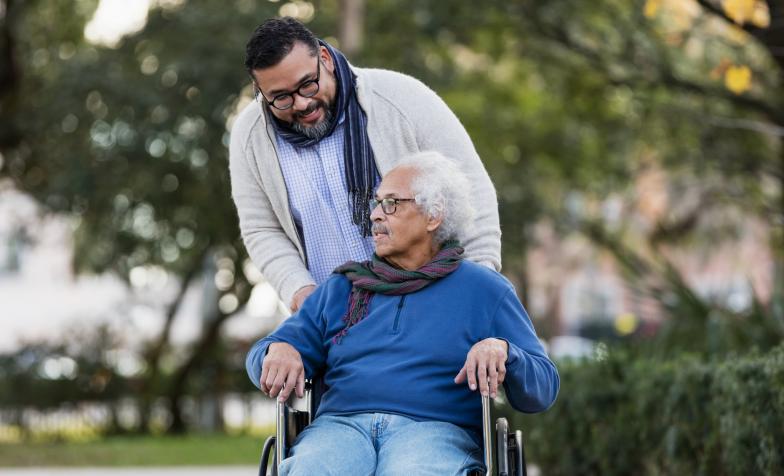
Research in hospice care

Find out why it’s important for hospices to be involved in research and how you can get started. Get support for carrying out robust research projects, measuring outcomes, and sharing your findings.
Why is research important for hospices?
Being involved in research can bring tremendous benefits to your hospice. It enables you to:
- evaluate and improve the quality of care you provide
- understand the impact of your services
- find out how you are meeting the needs of your patients and carers.
- add to the growing body of evidence about what works in palliative and end of life care.
However, we know that getting involved can be a daunting prospect. On this page we're sharing some resources that can help you get started with research.
Overcoming barriers to research
In 2023, a group of researchers from the University of Lancaster investigated the barriers that prevent hospices from becoming ‘research active’. The findings were presented at our National Conference in 2023.
Many of the barriers they found were the same as those described in our report Research in Palliative Care: Can hospices afford not to be involved?, which was published 10 years earlier.
To help overcome these barriers, the researchers have developed a practical resource to help people working in hospices feel more confident about getting involved in research.
The resource includes short videos and written guides on topics such as:
- Planning and designing your study
- Research ethics and governance
- Getting informed consent from participants
- Data management
- Sharing your findings.
This was developed by Professors Catherine Walshe and Lesley Dunleavy, alongside colleagues from Hospice UK, LOROS, Marie Curie and Sue Ryder, and volunteers from across the hospice sector.
Other useful resources
Browse our resources to help with research
Useful organisations
The following organisations provide helpful resources for research. The content and views expressed by these organisations do not represent the views of Hospice UK.
-
The All-Ireland Institute of Hospice and Palliative Care is a collaboration of hospices, health and social care organisations and universities on the island of Ireland.
-
The Association for Palliative Medicine of Great Britain and Ireland (APM) is the world’s largest representative body for doctors practicing or interested in Palliative Medicine.
-
BMC Palliative Care is an open access journal that publishes original, peer reviewed research into palliative care.
-
BMJ Supportive & Palliative Care is an official journal of Hospice UK. Qualifying member hospices benefit from free access to the print version of the journal, plus a discount on the cost of an institutional online and print and/or online only annual subscription to the journal.
As the publisher has separate arrangements with NHS institutions, qualifying members for this offer are local independent charitable hospices and hospices run by national charities.
-
The End of Life Care for All (e-ELCA) programme contains over 160 highly interactive sessions to enhance the training and education of the health and social care workforce.
-
The Health Research Authority protects and promotes the interests of patients and the public in health and social care research.
-
An informal group of staff working in library, information and education roles who provide services to support education, research and best practice in hospice and palliative care organisations. Contact Sue Langley at East Anglia’s Children Hospices (EACH).
-
The National Institute for Health and Care Research funds and delivers health and social care research. It supports researchers and works in partnership with other organisations to improve the quality and impact of research.
-
The Palliative Care Research Society undertakes the promotion of research into all aspects of palliative care and to facilitate its dissemination.
-
The Scottish Partnership for Palliative Care (SPPC) brings together health and social care professionals from hospitals, social care services, primary care, hospices and other charities, to find ways of improving people’s experiences of declining health, death, dying and bereavement.
-
Palliative Medicine is a peer reviewed scholarly journal published by Sage. It is dedicated to improving knowledge and clinical practice in palliative care.
-
The UK Policy Framework for Health and Social Care Research sets out principles of good practice in the management and conduct of health and social care research across the UK.

